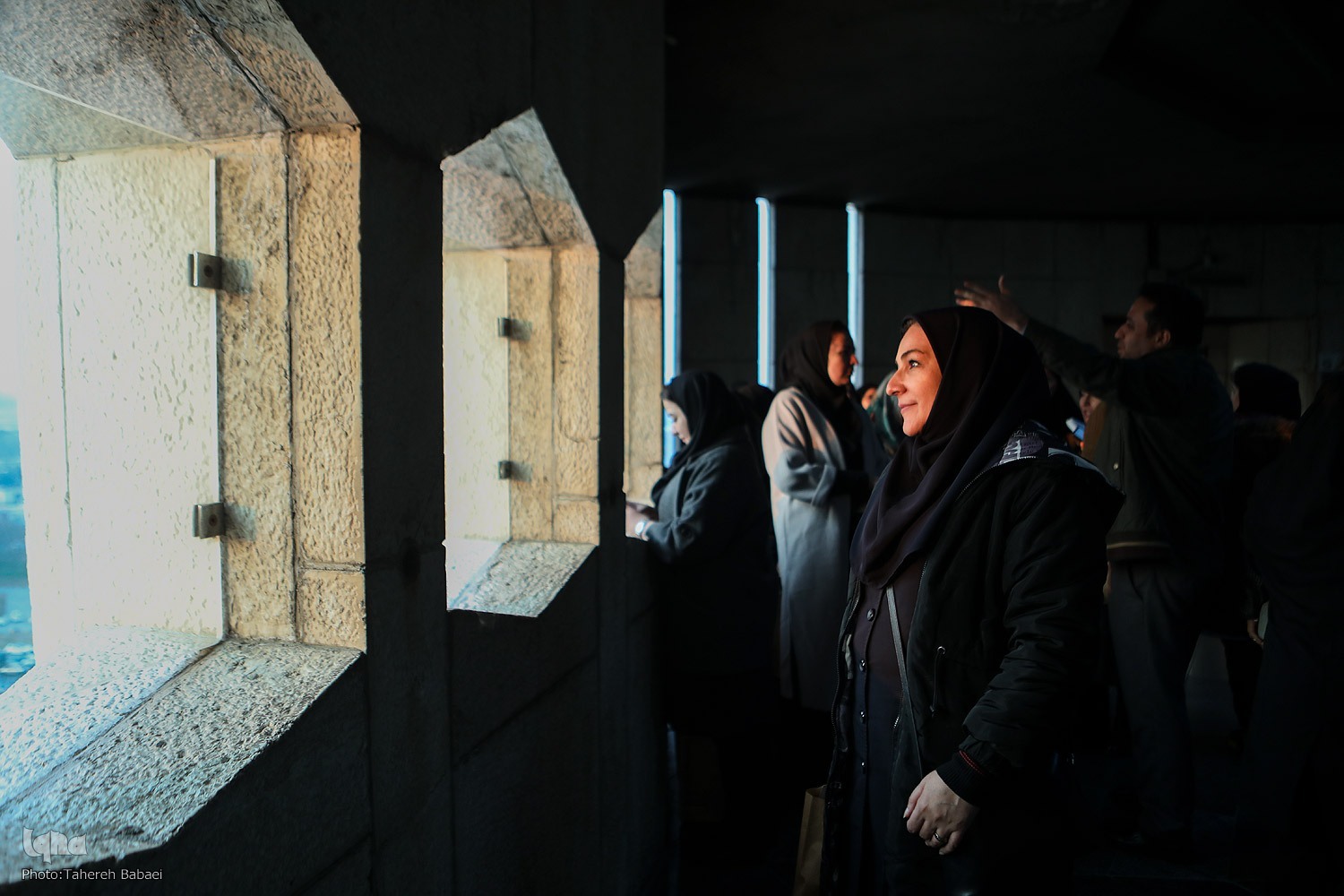Scholar Rejects Both Feminist and Traditionalist Models, Advocates for Socially Aware Muslim Women

Fariba Alasvand, a senior lecturer at the seminary for women, made these remarks during a scholarly session titled "Women and Social Engagement in Islamic Thought," held on Friday and organized by the House of Quran and Ahl al-Bayt (AS) in Tehran.
“Islam does not accept the model of the feminist woman, nor does it endorse the model of the traditional woman,” said Alasvand. “Islam supports a woman who is aware of society and responds actively to the problems around her, such as poverty and injustice.”
She explained that various perspectives exist on the relationship between women and social issues. “One is the traditional approach, which has been referenced by many scholars trying to develop Islamic theories in this area. The opposing view is the Western approach. However, not all theorists in the West who study women’s roles in society are feminists,” she added.
Read More:
Alasvand distinguished between the stereotypical "traditional woman" and a socially active homemaker. “When we speak of the traditional woman, we mean someone who is socially unaware—not someone who chooses to be a homemaker while also participating in society and observing political or social developments. The traditional woman lives in an atmosphere where she neither sees nor hears any of these events.”

She argued that a woman who does not view social issues as her own cannot be considered an Islamic woman. “Such a woman may be married or single, a housewife or employed, but in the traditionalist approach, she lacks active engagement with society. Islam does not aim to raise such women,” Alasvand stated.
Quoting Islamic sources, she said, “Islam does not want a woman who is silent, blind, deaf, or merely decorative. It wants a woman who engages with real social frameworks. A number of Quranic verses and narrations describe women and men equally, using terms like: ‘Indeed the muslim men and the muslim women, the faithful men and the faithful women, the obedient men and the obedient women, the truthful men and the truthful women, the patient men and the patient women...’ (Surah Al-Ahzab, verse 35). These emphasize equal moral and spiritual responsibilities.”
Read More:
Alasvand also dismissed the Western model of womanhood as incompatible with Islamic values. “Just as Islam does not endorse the traditional model, it does not support the Western one either. A woman who sees motherhood and childbearing as degrading, who views marriage as a form of sexual subjugation, and who treats society as a battlefield for competing with men, is not the ideal woman in Islam,” she said.
“The ideal woman in Islam values both her feminine and familial identity, while also recognizing the importance of engaging in social issues,” she said.
Regarding women’s economic roles, Alasvand noted that Islam has no inherent objection. “When we speak about societal awareness, we must define what we mean. This includes economic dimensions, and Islam shows no fundamental sensitivity or resistance to women’s participation in economic roles,” she said.
4291301



